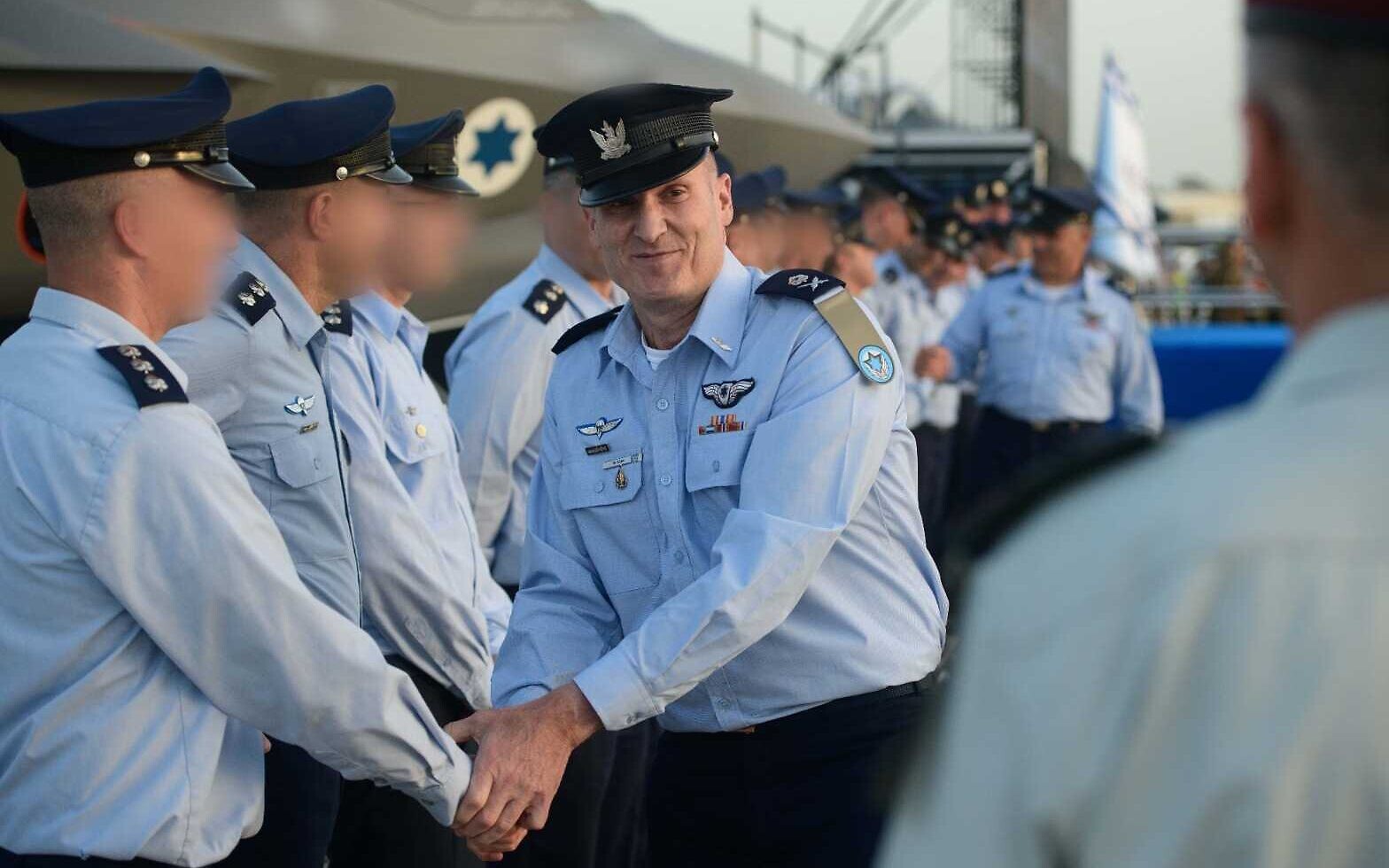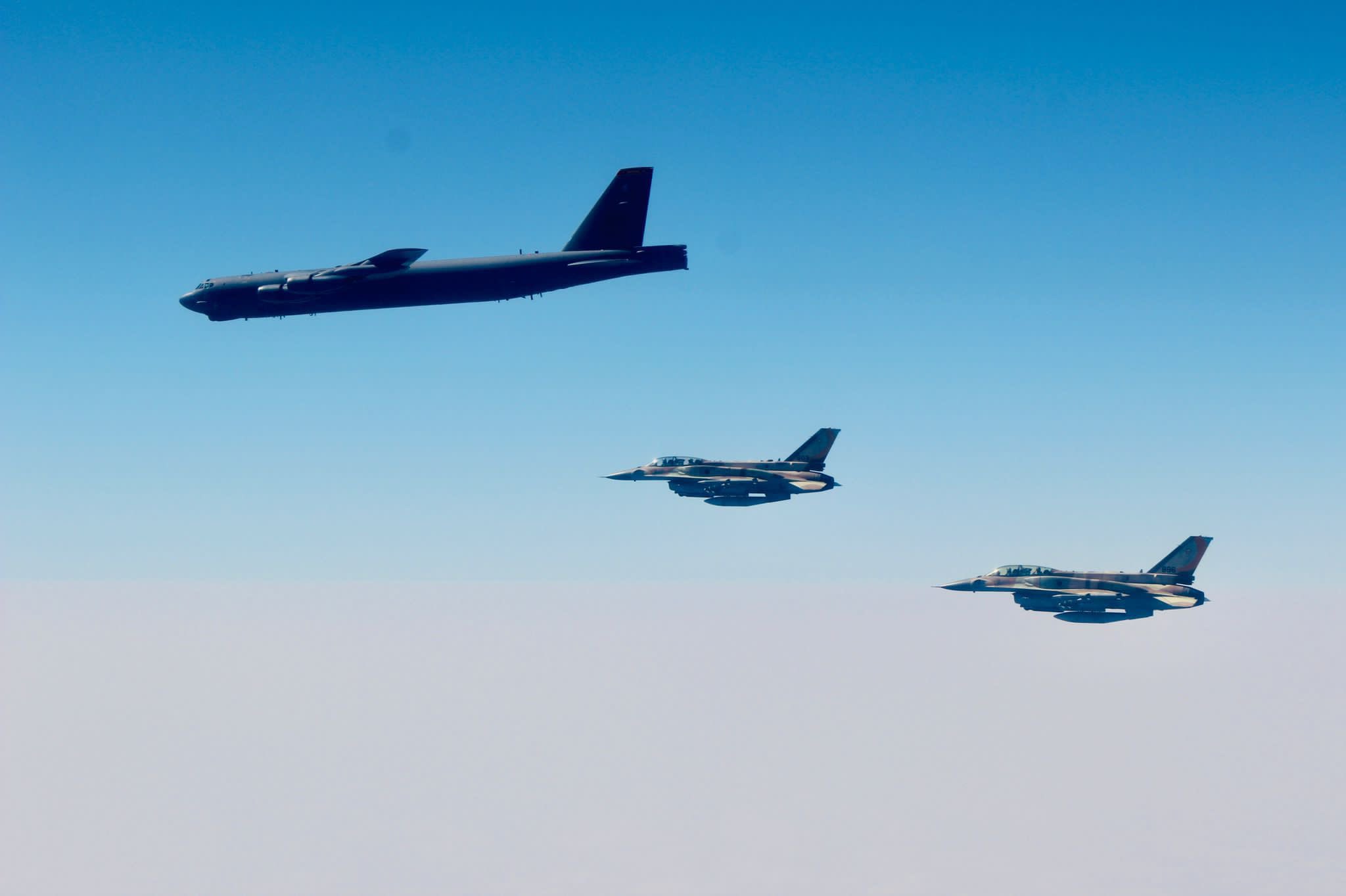Soothsayer. Perhaps that is the word that best describes the letter the commander of the Israeli Air Force sent to his subordinates on Friday, demanding that they continue to report for duty and making it clear that the military is well Will continue to work according to the established “moral”. Standard.
The day before, Major General Tomar Bar had spoken to senior Air Force officers, both career and reserve officers, and felt firsthand the extent of the crisis.
during that conversation Most of the pilots in El Al spoke were reservists, who expressed fear that the government’s radical judicial overhaul plans could lead to them being arrested at various international airports and prosecuted by global forums such as the International Criminal Court.
Israel has long argued against such an investigation, pointing to the strength and independence of its own judiciary, which is responsible for investigating incidents of wrongdoing by the Israeli military. But critics of the government’s legal reshuffle warn that efforts to limit the high court’s power will rob the country of legitimacy in the international arena.
But for the pilots, even more than the legal concerns specified in their letter, the crisis centered on Huwara, the Palestinian village where settler vigilantes torched homes and cars last week and injured dozens of residents. A Palestinian was shot dead under unclear circumstances.
A senior fighter pilot who participated in the talks told The Times of Israel, “The Huwara incident has crossed a dangerous borderline.”
A reservist brigadier general who commanded one of the largest Indian Air Force bases said, “We haven’t heard explicit wall-to-wall condemnation of the lynching of Palestinian civilians by Jewish hooligans.”
“Instead,” he continued, “we heard support for these actions from some Knesset members, equine ministers, and vehement condemnation from large interests of the hard right. And then, to top it off, Finance Minister Bezalel Smotrich on Wednesday come along his outspoken statement Call to ‘wipe out’ Huwara.
“We, who attacked enemy positions at the behest of political leaders, never heard of orders to wipe out any village,” the officer said. “In the past, we have never doubted the righteousness of the path and the morality of the decisions taken. Today there are question marks about the moral fabric of some decision makers – that is why we are issuing this warning.”

Major General Tomer Bar, the new chief of the Israeli Air Force at a ceremony on April 4, 2022. (Israel Defense Forces)
Faced with such statements during his meeting with senior pilots, IAF chief, Bar realized that he had to act fast and douse the flames before they spread and gave rise to widespread defiance. In a letter to reservist air crews soon after the meeting, one line stood out as a direct response to concerns related to the Huwara stampede.
“I will say clearly: The IDF, including the IAF, conducts itself in accordance with codified operational practice and the ethical standards, values and spirit of the IDF, and will continue to do so. I will emphasize that, no matter what, always Kind of,” he wrote.
In other words, Barr told his pilots: Not on my watch. I am the moral support to save you from any unethical orders. What he didn’t say, but was clear between the lines, was a commitment to political leaders to say no when needed.
But for the pilots of the 69th Squadron – the strategic unit of the Indian Air Force that bombed a Syrian nuclear reactor in 2007 and will lead the charge in any future Israeli attack on Iran – it was too little, too late. Was. on Sunday, 37 of the squadron’s 40 pilots made the announcement in a letter They will skip the training session on Wednesday in protest against the government’s plan to make drastic cuts in the judiciary.
The Air Force is unsure how to respond to the letter, which puts the military in the middle of a socio-political battleground it desperately tries to avoid.
Defense Minister Yoav Galant has in recent weeks been trying to steer the military establishment between two political landmines – Finance Minister Smotrich and his far-right ally Itamar Ben Gvir, the national security minister. gallant on sunday benny gantz joined and Gadi Esenkot, two former chiefs of staff currently with the opposition National Unity party, are calling for talks and for the IDF to stay out of the fray.
Even that may not be enough, as additional reserve pilots are already gearing up to join their comrades in the 69th Squadron in protest.
While the IAF is hopeful that the protests will end this week and the pilots will be back on duty, the military is beginning to understand that their actions are only a symptom pointing to a more serious situation. The Air Force is where the crisis first appeared simply due to the fact that pilots have to show up weekly for practice flights and fitness tests – not because pilots are inherently more politically aware than other reservists.

Israeli F-15 fighter jets escort a US B-52 bomber through Israeli airspace on its way to the Persian Gulf on September 4, 2022. (Israel Defense Forces)
No one in the military is under any illusion that reservists in the ground forces will not launch similar protests in similar numbers, although because of the extent of their service – a few weeks each year – the magnitude will not be clear until the end of the year. At present, there are reports of silent protests, which are not as organized as the protests initiated by the pilots.
It is instructive that the devastation of Huwara is proving to be a watershed for the army – both the standing army and the reserve. Chief of Staff Herzi Halevi made it clear that he viewed the incident as an operational failure with moral implications. Halevi staked out that territory in a speech to graduating Navy officers last week.
“We also had to stop what happened in the wake of the attack in Huwara,” he said, referring to the terrorist shootings that killed two Israeli brothers and that preceded the stampede in the Palestinian city. “Riots, violence against IDF soldiers, and damage to residents and property in retaliation are something that must be condemned.”
Halevi is not a man of many words. Trained as a philosopher, he knows how to keep his message brief. The fact that he chose to address the Huvara incident as such, disregarding the diplomatic fallout – for example, Smotrich’s comments and the American response to them — a clear indication that he has no intention of letting it slip.
Major General Yehuda Fox, the head of IDF Central Command, which is in charge of troops in the West Bank, said last week that vigilante settlers had committed a “pogrom” in Huwara. Later this week, he is set to present Halevi with the results of an IDF investigation into the incident. Fox has already admitted that the military was caught unprepared, so there are likely to be serious repercussions along the chain of command.
It seems that, at least as far as the IDF is concerned, the Huwara rampage, beyond being the result of some extremist ideology in the settler movement, is a symptom of a wider, more dangerous moral lapse.
Emmanuel Fabian contributed to this piece, which appeared first on The Times of Israel’s Hebrew-language site, Zaman Israel,